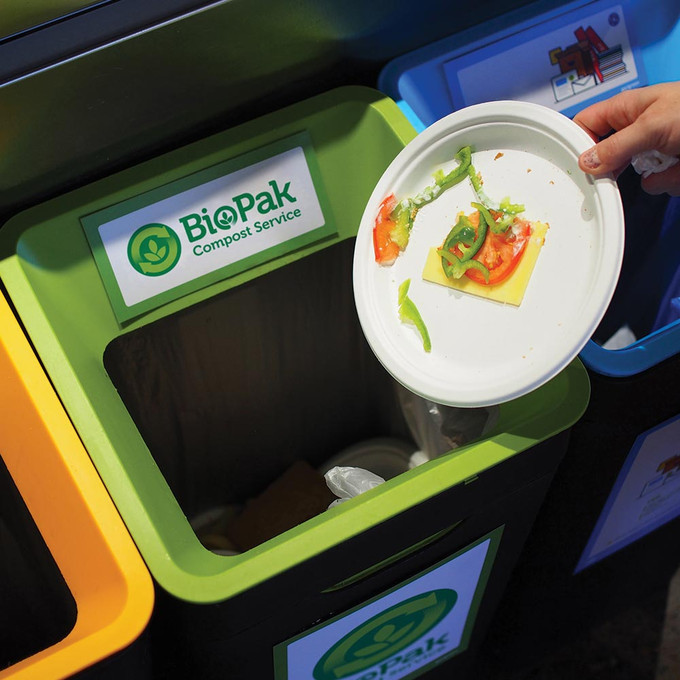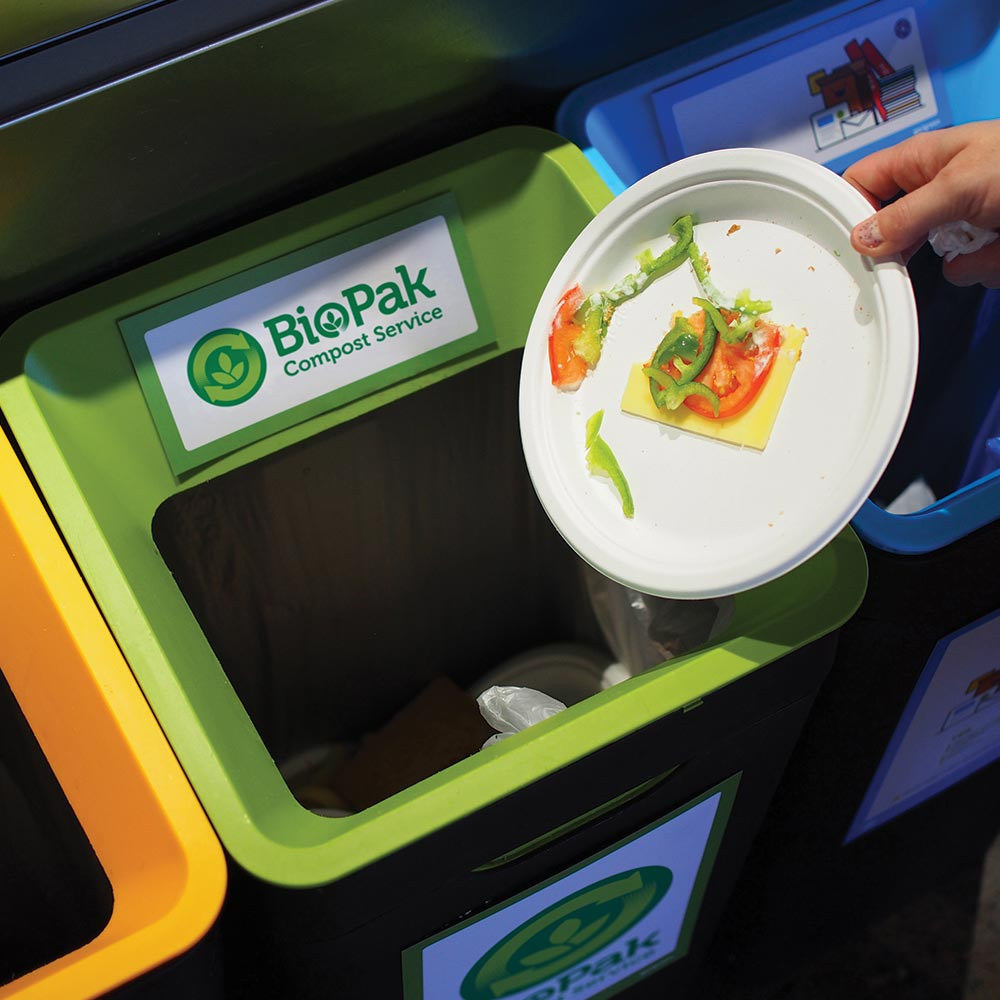
Councils Search for Solution to Australia's Recycling Crisis
30th Dec 2019
What is Happening?
Australia is in a recycling crisis, with China not accepting our recyclables while our own facilities are not adequate to deal with them. In 2018, China stopped accepting Australia’s co-mingled (i.e. plastics and paper and glass mixed) recycling. Our Plan B, to send our recyclables to Vietnam or Thailand, has failed, due to a lack of processing facilities in these countries. Waste management company SKM Recycling had to shut their facilities down due to fire risk. Although their facilities have reopened, we are now in a recycling crisis which has resulted in councils sending recyclables to landfill more often than not. In a nutshell, Australia does not have the necessary infrastructure to process the vast amount of recycling in household recycle bins. Despite consumer demand for a better recycling industry—shown by the fact that Australians still separate recyclables from general waste, expecting the waste industry to ensure they do not end up in landfill—we still have not seen the action we need. While they do not have a solution for all waste streams, BioPak has developed a commercially viable, practical, and sustainable solution for disposing of food packaging. Their idea? Commercial composting.

What is Commercial Composting?
Commercial composters process organic waste, usually garden and food waste, into compost which is used for agriculture. Councils across the country already use commercial composters, which are large-scale facilities that process organic waste, usually garden and food waste, back into compost. This resulting compost can then be used in agriculture and horticulture, returning nutrients to the soil. BioPak’s ecofriendly products, made from naturally biodegradable materials like sugarcane pulp or paper from sustainable managed plantations, are compostable in commercial composting facilities. With an increasing number of companies choosing compostable packaging, businesses can operate more sustainably by reducing the amount of waste going to landfill. This co-mingled, one-bin, circular economy is the system that Australia needs.
What Can You do About It?
Be aware of your local composting services, and do what you can to make sure they are used properly.
- Find out if the BioPak Compost Service is available in your area or if your local council has commercial composting facilities
- Look for the Compostable Packaging certification logo (AS 4736)
- Bring reusables if you can, choose compostable packaging when you can’t
- Dispose of compostable packaging, food scraps, and organic waste in one bin
- Turn you compostable packaging, food scraps, and organics into compost
Don’t have commercial composting in your area? Tell your local cafes and businesses using single-use food packaging to join the BioPak Compost Service. More demand for commercial composting will compel your council to act. As BioPak Founder and Sustainability Director Richard Fine says, ‘Be part of the solution, not the pollution’.
Information taken from this article on BioPak's website. For more info on the materials BioPak uses in their products, check out this link, and to find out more about the benefits of different materials, have a look at this article on our blog. To find out what you as an individual can do to reduce waste, have a read here.
Planet Friendly Packaging acknowledges the traditional custodians of the land on which we work.

